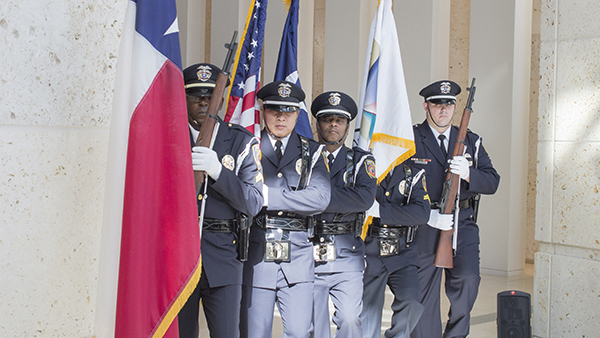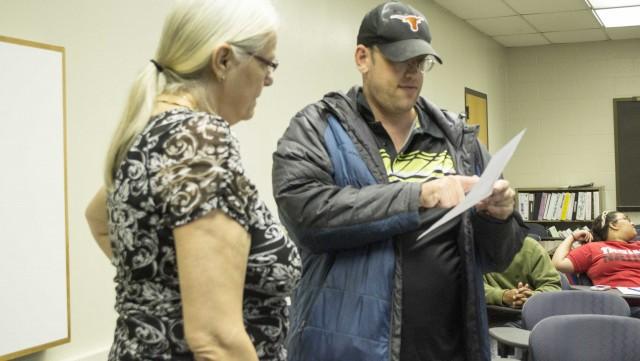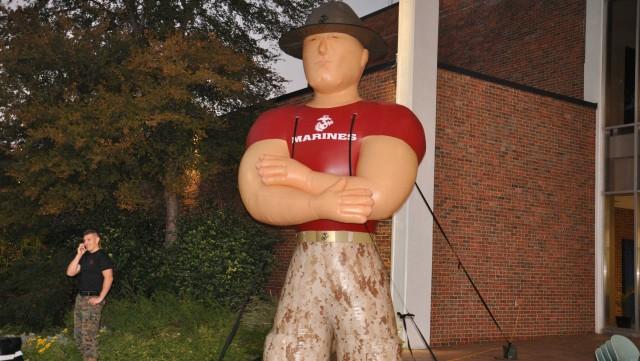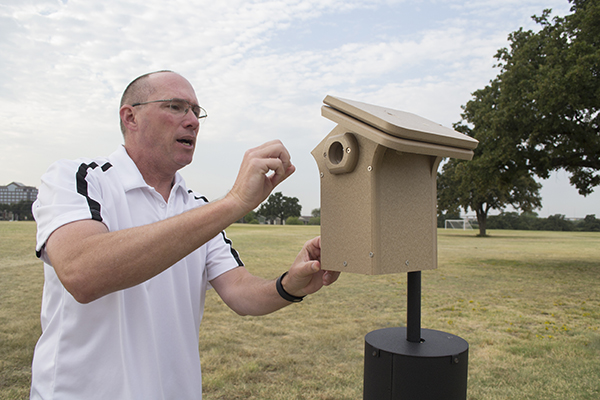By Hope Sandusky/ editor-in-chief
The controversy over police and racial profiling has been a hot topic of discussion over the past several years, and rightfully so.
Racial profiling by police is a major issue throughout the nation. However, it is important to distinguish when a case can actually be that and when it is officers doing their jobs.
On Oct. 24, Dorothy Bland, dean of the University of North Texas’ Mayborn School of Journalism, was stopped by police officers for impeding traffic while on a walk through her neighborhood in Corinth.
In a video released by the Corinth Police Department, one can see Bland walking down the side of the street and beginning to move from the side of the street to the middle of the road before a police officer calls out to her. She is then asked by one of the officers to walk on the other side of the road where she can see oncoming traffic.
A truck had to come to a complete stop behind her causing her to not only impede traffic but also put her safety at risk. The police then ask for her ID, which she says she doesn’t have. She instead gives them her address and points out a neighbor who can verify where she lives.
They then ask for her name and date of birth and make a call into the station, where she then states she “pays lots of taxes.” The officers then leave, and Bland walks down the road.
Bland then wrote an opinion piece that was published in The Dallas Morning News. Her piece, though, includes some major discrepancies between what she wrote and what the video reveals.
First, Bland says that “flashing lights and sirens” are what interrupted her walk. The officers did turn on the lights of their car but did not turn on their siren.
She writes that she wasn’t given a decent answer as to why she was being stopped before asked for her ID. Bland was given a reason — a very clear one. Impeding traffic is a Class C misdemeanor, and walking down the middle of the road is a safety issue for anybody.
Bland also makes comments about what she was wearing and what she does and says the officers never took that into consideration. They just saw her as a “brown face in an affluent neighborhood,” she wrote. Bland took a safety issue and turned it into a race issue, perhaps unjustly so.
We must question the intentions of every story. With the story of Bland, the case of racial profiling would be a hard one to make.































